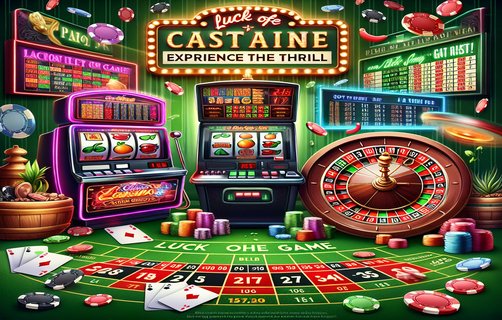Inside the Game: Strategies and Insights from the Loser's Perspective
In the world of gaming, whether it’s carrom, poker, or any other competitive sport, the perspective of the loser often goes unnoticed. As we unpack the myriad dimensions of gaming, from multi-lingual support to aggressive betting, we delve deep into the strategies and insights that could transform a player's approach to these games, especially through the lens of one who frequently finishes on the losing side.

Starting with the physical aspect, the normal size of a carrom board typically measures 29 inches by 29 inches with a depth of about 1 inch. This standard dimension ensures consistent gameplay and strategization. However, often overlooked by players who find themselves on the back foot is the importance of understanding board dynamics. Those who face frequent losses may benefit from observing their opponents’ strategies with scrutiny: What shots do they prioritize? How do they position their pieces? It is through this detailed observation that a losing player can refine their skills, turning losses into learning experiences.
On the digital frontier, multilingual support has become a vital game feature. For players around the globe, language barriers can inhibit gameplay. A game that embraces this diversity can create a more enriched environment for learning and communication among players. The ability to converse and strategize in one’s native tongue fosters an inclusive community, helping those less confident in their English or primary gaming language to engage more fully and thus enhance their play. For a losing player, tapping into accessible language options can provide better understanding of game mechanics and potentially reduce any intimidation they may feel against more experienced opponents.
In competitive online platforms, interactive gameplay features can offer players unique opportunities to connect and learn from one another. Many platforms now integrate forums and live chat options, allowing for real-time interaction. Engaging with more skilled players or seeking advice in these forums can yield significant improvements in a player's game. Losing doesn’t mean failing; it’s about learning the nuances of gameplay through shared experiences and gaining insights from others who have faced similar challenges.
Moreover, when discussing games such as poker, understanding elements like fixed odds and random number generators (RNG) is crucial. A losing player often fails to recognize how vital these concepts are in determining their fate at the table. Fixed odds can help a player understand their chances better and strategize their betting when calculating risk versus reward, while RNG ensures fairness and unpredictability, which are essential in maintaining excitement and competitiveness. Poor comprehension of these areas often results in misunderstanding potential game outcomes, leading to a gambler's downfall.

The application of Independent Chip Model (ICM) in poker is another golden nugget for the savvy player looking to break their losing streak. Those who embrace ICM can manage their chips in a way that maximizes their potential returns, especially in tournament settings. The loser can adopt this model to refine their understanding of how to navigate high-pressure situations, which might otherwise lead to reckless play.
One of the key factors behind frequent losses can be attributed to emotional decisions, often seen in aggressive betting patterns. Understanding when to hold back and when to push forward can significantly change a player’s trajectory. Aiming for consistency in approach rather than impulsive, aggressive plays can prevent the loss of accumulated chips and build a stronger track record over time. The journey of a loser, then, transforms into a proactive learning process equipped with strategies, community support, and self-awareness.
Ultimately, the most transforming aspect for a player often lies not in the victory itself but in the lessons learned through each defeat. Reframing perceptions about losing to embrace them as opportunities can unlock a player’s true potential, leading to greater enjoyment and eventual success in the competitive gaming arena.
